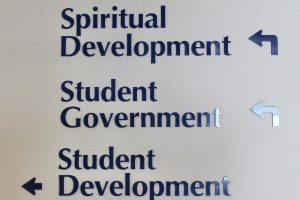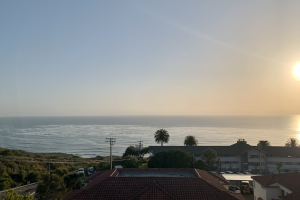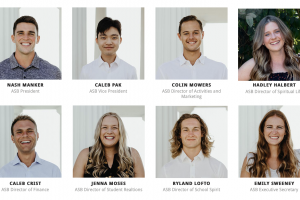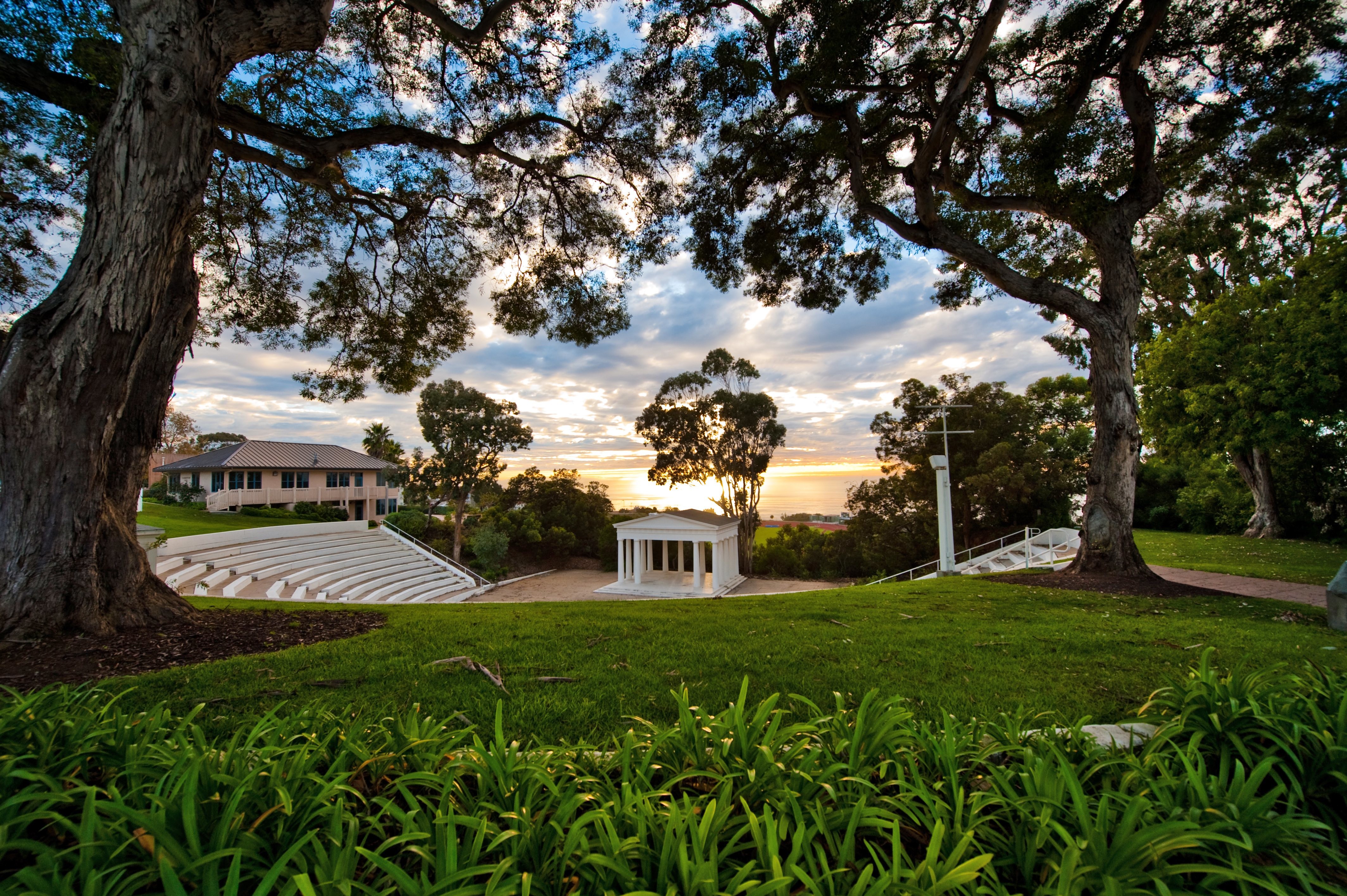President Obama announced Wednesday that he will continue ordering airstrikes against the Islamic State of Iraq and the Levant (ISIL) and send 475 additional troops to Iraq to train Iraqi and Kurdish forces.
“So tonight, with a new Iraqi government in place, and following consultations with allies abroad and Congress at home, I can announce that America will lead a broad coalition to roll back this terrorist threat,” Obama said in his address Wednesday. “Our objective is clear: We will degrade, and ultimately destroy, ISIL through a comprehensive and sustained counterterrorism strategy.”
Already, Obama said the U.S. has conducted over 150 airstrikes in Iraq in order to protect the threat to American personnel and facilities in the area, kill Islamic State fighters, destroy their weapons and allow Iraqi and Kurdish forces to recover their territory.
Current action has been partly inspired by the threats to the U.S. after the beheadings of two U.S. journalists, James Foley and Steven Sotloff. Even more recently, a British aid worker, David Haines was beheaded in a video released by the Islamic State Saturday. Obama has made clear, however, that he will not be sending troops to fight on foreign soil.
According to Vox, the Islamic State of Iraq and the Levant, often called the Islamic State in Syria (ISIS) because of its occupation of parts of Syria for the past year, first secured territory in northern Iraq – an area originally controlled by the Kurdish minority.
Secretary of State John Kerry took a trip to Iraq Wednesday to meet with the Iraqi government and enlisted more Middle Eastern and European partners to mobilize troops.
Rosco Williamson, faculty chair for the department of History and Political Science at PLNU, explains that this complex issue is about political Islam. He says the Islamic State is really about taking territory.
“They want to have control of at least some of Iraq and some of Syria, which makes them a little different than al-Qaida. Al-Qaida didn’t want territory,” Williamson said. “Al-Qaida was less about territory and more about sort of these global ideas. This group and a lot of those political Islamic groups are interested in the territory as well. Theoretically, if the U.S. didn’t bug them, they wouldn’t bug us. Al-Qaida’s not that way.”
Williamson cautions students not to call this a terrorist group, saying that while they use terror tactics, they’re really just a rebel group.
“The targets would be – if there are targets – those who support the Iraqi or Syrian government. There’s not like a particular group, though they’re going to be less nice to some. For example, this group is what we call a Sunni group, Sunni Islam. They’re not going to be big fans of Shia, the Shia Islam. The government in Iraq is Shia because Iraq is mostly Shia and the government in Syria is Shia. Not big fans. They’re also not huge fans of the Kurds and their fight in this area, but that’s not exactly about religion.”
Iraq is roughly 60 percent Shia and 40 percent Sunni, according to Williamson. The Shia were the majority, but the Sunni were in charge. Now, with democracy, the Shia have outvoted the Sunni and created a Shia government. Though this divide is more about political and economic access rather than the religious doctrine, the groups will still utilize the division.
“They [ISIL] want us to leave them alone because then they’re good to go and can take over Iraq,” Williamson said. “Unfortunately for them, it kind of backfired and got the international community more riled up. Last year, President Bashar al-Assad used chemical weapons against people and President Obama said ‘you know that sucks but we’re not going to do anything.’ So all they thought they needed to do was make it too costly to get involved. For whatever reason, the Americans said the complete opposite and are especially going after these guys.”
John Wright, a theology professor at PLNU, said the Islamic State wants to move back to before western colonial borders were established and revert back to their political order prior to Western imposition after World War I.
“In some way, all ISIL is trying to do is roll back the clock … like it could be to pre-Western colonial interests when the area was governed by Islamic colonial interests,” he said. “The Islamic world is rejecting Western liberalism as the only political theory that is viable.”
In order to look at this situation effectively, students should start by understanding the Islamic State and its history.
“We have to develop a sense of history and understand it and recognize our own – the United States’ own – militarism and violence as deeply embedded in this, which is not to legitimize their violence,” said Wright.
Williamson says that for now, the U.S. will continue sending airstrikes, advisors, special ops and teaching Kurdish militia to fight, waiting a long time before sending ground troops.
He suggests students stay informed because of what comes later.
“The more that we stay informed, the more we can make informed decisions about what’s next,” he said. “Whether there’s bombing for the next year or a short campaign or whether the troops will work itself out or keep humanitarian aid, staying informed is the only way the American people have a say in that.”






